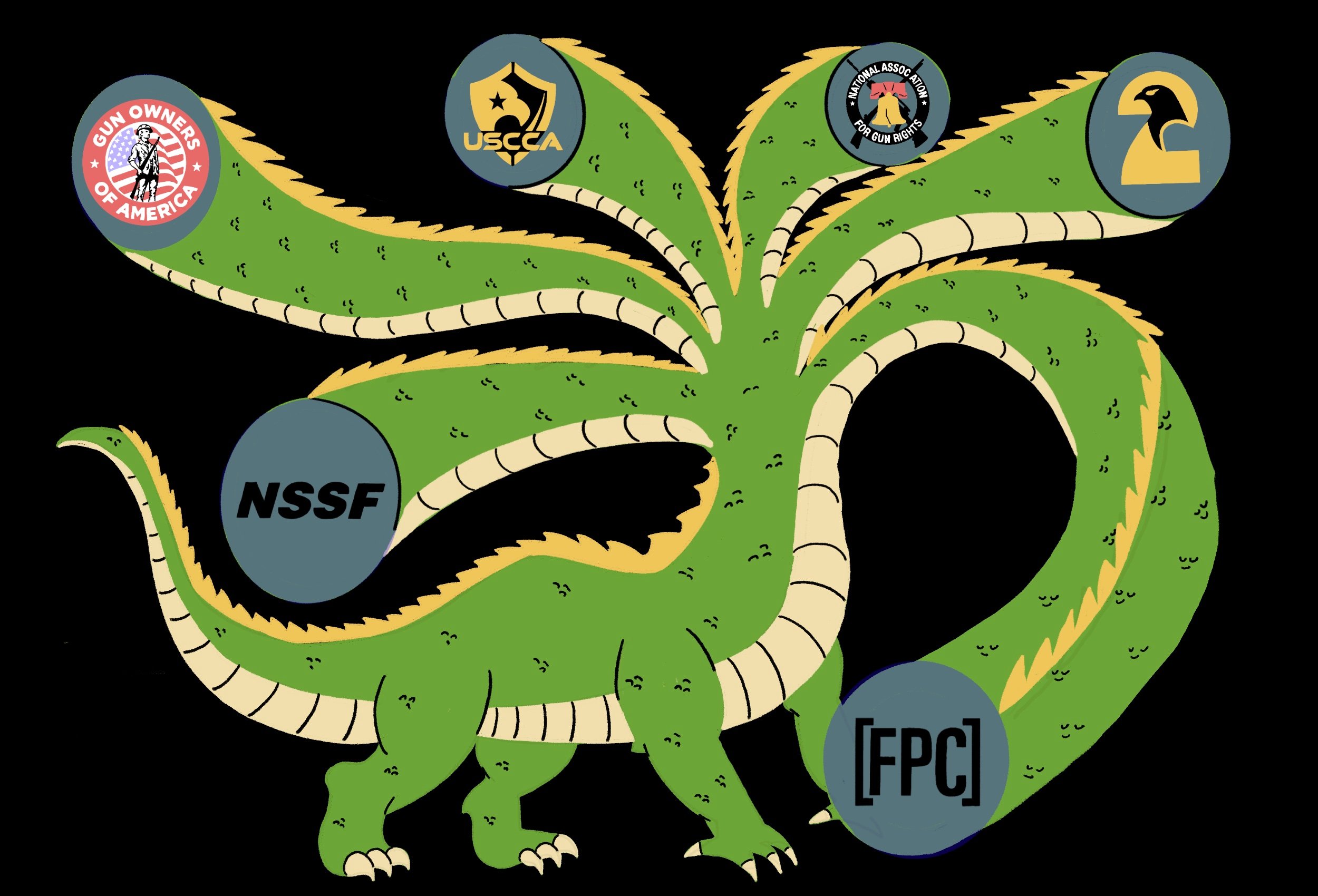The National Rifle Association’s charitable arm has agreed to implement significant reforms to resolve a lawsuit brought by the District of Columbia over the group’s alleged misuse of funds.
D.C. Attorney General Brian Schwalb announced the settlement on April 17. Schwalb’s predecessor, Attorney General Karl Racine, filed the lawsuit against the National Rifle Association Foundation in 2020.
The lawsuit alleged that the NRA Foundation disregarded its duties to safeguard donor contributions, essentially allowing its parent organization to exploit funds without proper oversight. According to the lawsuit, the NRA used the funds as an unchecked source of financial support, diverting millions of dollars through grants and risky loans.
“Donors are entitled to know that their charitable contributions will be used in furtherance of a nonprofit organization’s stated charitable mission,” Schwalb said in a statement. The NRA Foundation “violated this sacred public trust, allowing the NRA to use them as an unchecked piggy bank.”
The foundation should have provided financial support to the NRA only to fund activities consistent with the foundation’s stated charitable purposes, according to the lawsuit. Instead, the D.C. attorney general alleged that the NRA tapped the foundation’s coffers when the NRA needed money because of financial problems, decreasing membership, legal disputes, and lavish spending by its executive leadership.
Investigating America’s gun violence crisis
Reader donations help power our non-profit reporting.
The NRA did not immediately respond to a request for comment.
In February, a civil jury in New York found NRA executives, including departed CEO Wayne LaPierre, liable for more than $7 million related to a pattern of corruption and financial mismanagement. The verdict came nearly five years after an investigation by The Trace first revealed the misuse of NRA assets.
Neither the NRA nor its leadership will be forced to pay any fines or penalties in the D.C. case, as the district’s nonprofit statute does not authorize the collection of penalties.
But to comply with the terms of the settlement, the NRA Foundation must implement oversight measures, including providing annual compliance training for all board members, forming an audit committee, and establishing new policies for grantmaking and loans that ensure transparency and adherence to its nonprofit mission.
The agreement is effective until December 2026.
“Tax-exempt nonprofits are a form of public trust — abusing that trust as the NRA did violates both the public interest and District law,” Schwalb said. “Today’s outcome builds on our longstanding commitment to safeguarding nonprofit donors’ money and ensuring that all nonprofits operating in the District of Columbia follow the law.”

